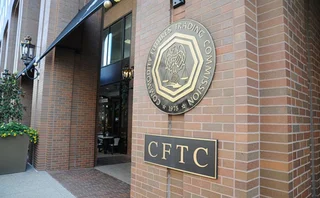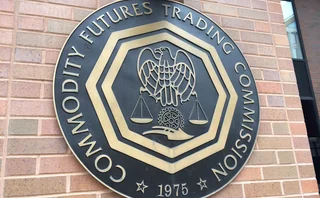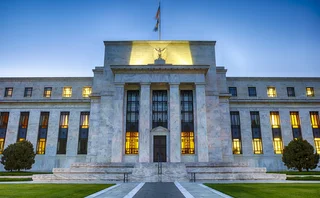
Javelin Capital Markets: The gate-crasher
The countdown to mandatory trading on swap execution facilities started last month when Javelin Capital Markets became the first Sef to file a product list with US regulators. Its chief executive, Jamie Cawley, tells Peter Madigan why market participants have nothing to fear

A spectre was often invoked in the fierce debate that followed the publication of final rules for swap execution facilities (Sefs) in June – a bogey-Sef, a rogue platform, a disruptive force that would list an array of unsuitable products for trading, potentially forcing other Sefs to follow suit (Risk July 2013, pages 21–24).
The inspiration behind these campfire tales may have been Javelin
Only users who have a paid subscription or are part of a corporate subscription are able to print or copy content.
To access these options, along with all other subscription benefits, please contact info@risk.net or view our subscription options here: http://subscriptions.risk.net/subscribe
You are currently unable to print this content. Please contact info@risk.net to find out more.
You are currently unable to copy this content. Please contact info@risk.net to find out more.
Copyright Infopro Digital Limited. All rights reserved.
As outlined in our terms and conditions, https://www.infopro-digital.com/terms-and-conditions/subscriptions/ (point 2.4), printing is limited to a single copy.
If you would like to purchase additional rights please email info@risk.net
Copyright Infopro Digital Limited. All rights reserved.
You may share this content using our article tools. As outlined in our terms and conditions, https://www.infopro-digital.com/terms-and-conditions/subscriptions/ (clause 2.4), an Authorised User may only make one copy of the materials for their own personal use. You must also comply with the restrictions in clause 2.5.
If you would like to purchase additional rights please email info@risk.net
More on Dodd-Frank Act
US Treasury hands CCP resolution powers to FDIC
Mnuchin regulatory review explicitly refers to FDIC as receiver under a Title II resolution
Treasury review not rollback of reforms – CFTC counsel
Trump order is a chance to ease some rules and promote cross-border regulatory deference
Industry pushes CFTC to prioritise cross-border clarity
Approaching Mifid II deadline adds urgency to Giancarlo’s overhaul of Sef rules
Final US position limits rule will take ‘at least a year’
CFTC expected to draft a narrow list of contracts in scope
Covered funds seen as starting point for Volcker rule reform
Inter-agency consensus may prove more elusive on altering prop-trading definitions
US gives 21 banks another year to solve resolution problems
Banks including Societe Generale, Santander and BNP Paribas have until end-2018 to file plans
Bailout obsession holds back US CCP resolution regime
Dodd-Frank leaves legal uncertainty, but proposed alternatives could be even worse
Fed paper reignites debate on bank capital ratios
US industry association criticises official analysis suggesting optimal Basel ratios of up to 26%







